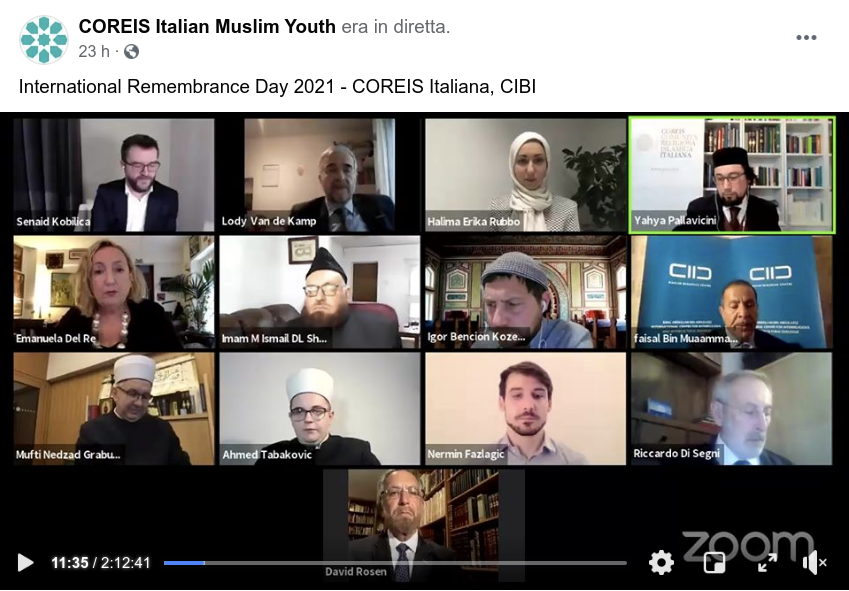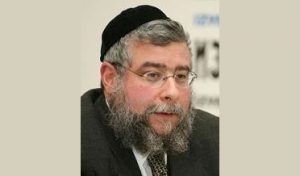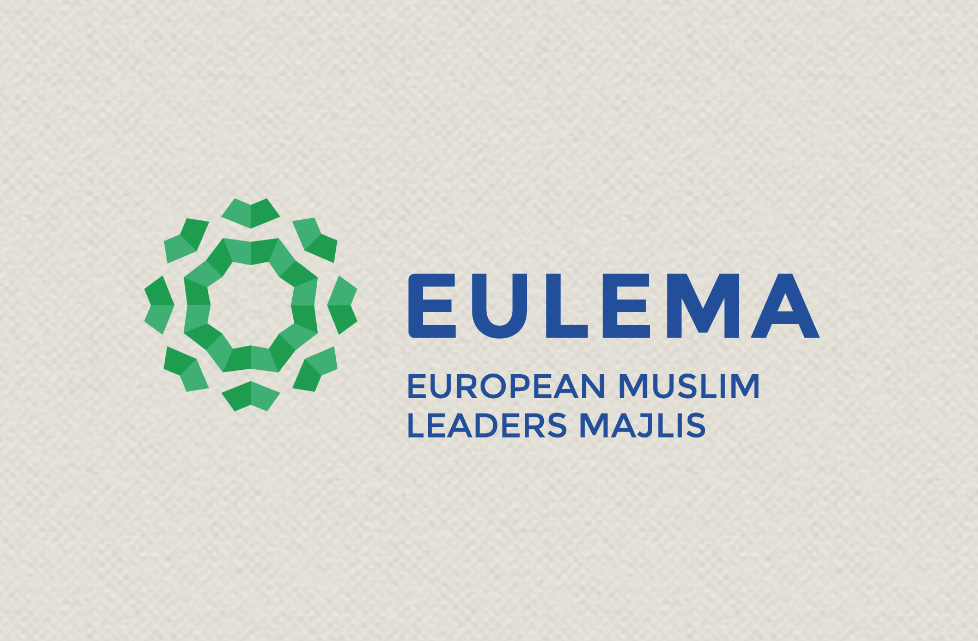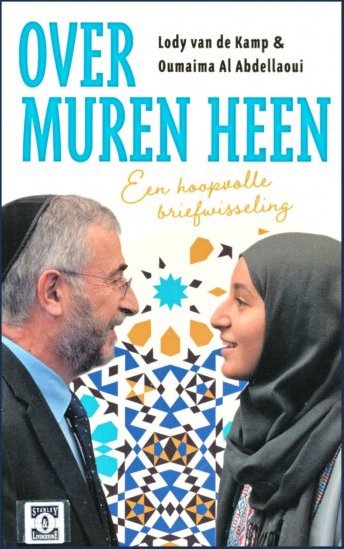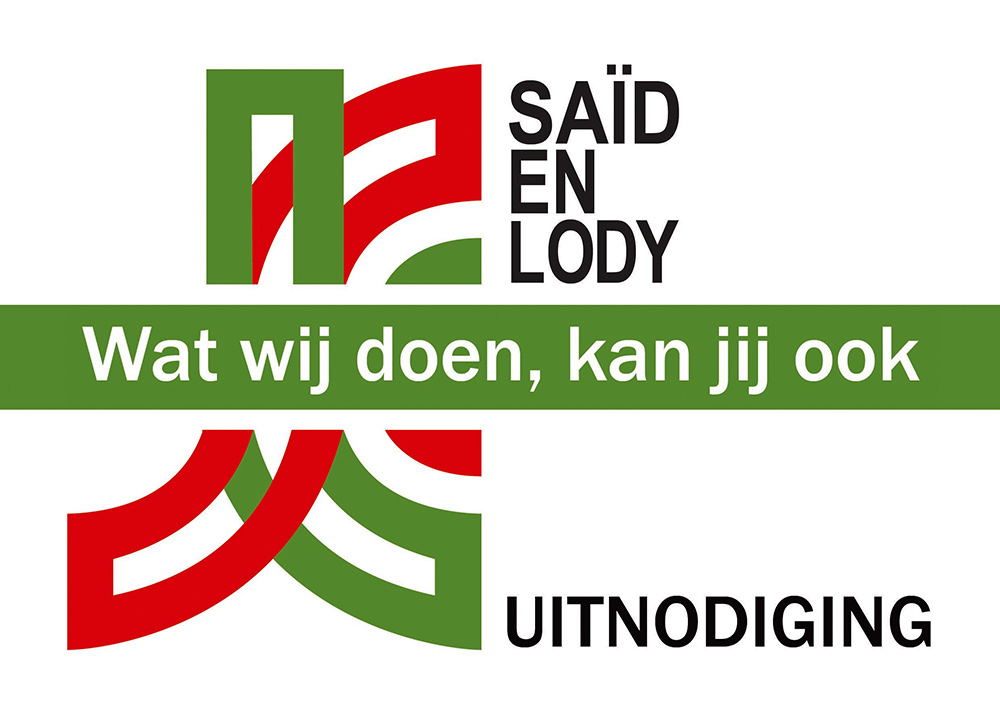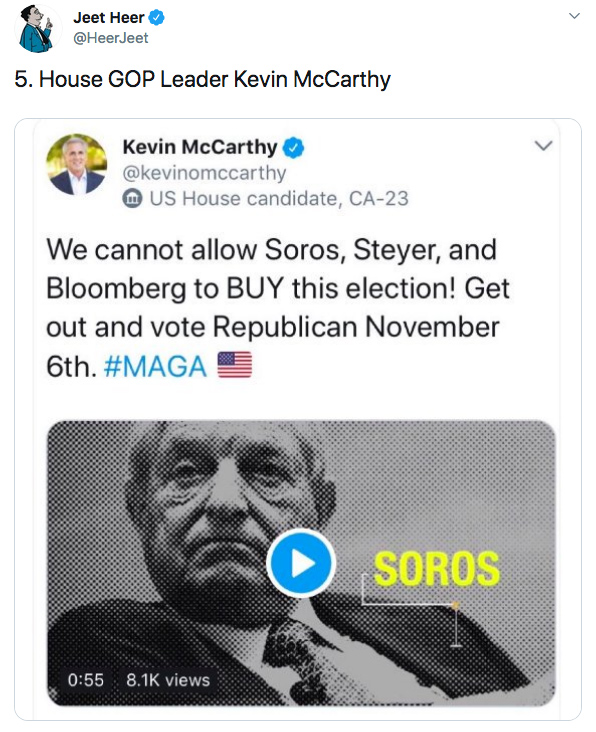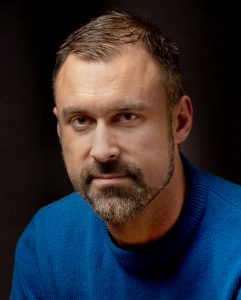By Imam Sheikh Mohammad Ismail DL
The Muslim Chaplain
The University of Sheffield, UK
The Muslim community and the Jewish community lived side by side in Europe for a very long time. The greatest example of the prosperity and active role of the Jewish community was under the Muslim rule in Spain. The signs of such wonderful coexistence are still preserved to this day. This cohabitation was for the betterment of all mankind as the Jewish community heavily contributed to the education and development and they were highly respected as a community of knowledge and noble scholarship. Later, Jews who left Spain a large number of them moved to the West African Muslim majority countries such as Morocco, Tunisia and many other neighbouring countries. They lived and cohabited for centuries and some still do to this day with peace and prosperity. In the recent history, in 1940 when Nazi Germany Racist leadership, started targeting Jews and discriminating against them, stolen their wealth, committed ethnic cleansing and finally 6 million human beings were brutally killed just because they were Jews. At that difficult time, Balkan Muslims supported the Jewish community. Albania a majority Muslim country provided refuge and secure home for thousands of Jews.
Since the rise of the numbers of Muslim community in Europe, we have seen tremendous increase in Racism, Islamophobia and anti-Semitism. In fact, we have recently seen that right wing and left wing both targeting Jewish and Muslim communities. Demanding the removal and banning of their basic human rights. One such recent example is a Belgium court judgment on banning the slaughter of Kosher and Halal. See the detail in the articles:
- https://www.bbc.co.uk/news/world-europe-55344971
- https://blogs.timesofisrael.com/courts-absurd-bid-to-define-shechita-for-jewish-communities-in-europe
- https://www.thenationalnews.com/world/europe/belgium-s-ban-on-halal-meat-preparation-upheld-by-eu-court-1.1130850
There are many more examples of discriminations, attacks on places of worship and businesses, racist graffities on greaves and walls. Attacks on Muslim women and elderly is a daily routine in some areas. Some regions demanding a ban on boys’ circumcision.
As a result of this very worrying situation developing, in 2016 KAICIID came forward and supported both communities to establish good working relationship so both communities can work and support each other in the current situation. I am very proud to be part of this excellent community project. An organisation of European Muslim and Jewish Leaders Council was set up MJLC. Since that time, the organisation slowly and gradually working to address the most needed issues in different ways as well as standing united against racism, Islamophobia and Anti-Semitism as well as extremism.
As a result for the first time COREIS and Bosnian Muslims Association in Italy organise an international event to mark the International Holocaust Remembrance Day on 24th January 2021. I am grateful that I was invited to speak on behalf of EULEMA about my role in MJLC.
We remember this day to remind ourselves and the world the terrible crimes against humanity were committed when 6 million innocent people were killed because of their religion.
On 27th January 1945 Auschwitz was liberated. The UN and whole world declared that no genocide will take place anywhere, no ethnic cleansing will take place and all religious practices will be freely allowed and respected.
Sadly, we saw the genocide of the Bosnian Muslims on the European Soil and it continues elsewhere. We need to stand in solidarity with each other to stop such crimes against humanity.
Jewish and Muslim communities in today’s Europe are faced with racism, Antisemitism and Islamophobia as well as discriminatory laws.
We ask all political parties in Europe to think carefully and please do not repeat 1940s mistakes again. It is incredibly sad to see that there are some elements in European politics who are silent about Racism, Islamophobia, Antisemitism and all forms of discriminations. We demand that the European institutions ignore the right wing and left-wing lobbies and show respect to religious and cultural rights of Muslim and Jewish communities as well as other minorities. I am proud of The United Kingdom Government which has allowed all religious rights to be respected and accommodated within the legal framework.
I ask every free mind person to stand united against all forms of discrimination to support our communities.
(Imam Sheikh) Mohammad Ismail DL
The Muslim Chaplain
The University of Sheffield, The Octagon Centre
Sheffield S10 2TQ. 01142229752
University of Sheffield The Chaplaincy Centre
The Muslim Chaplain
Our University

